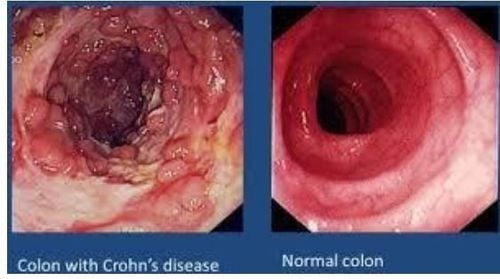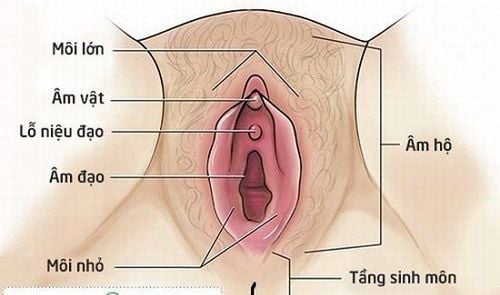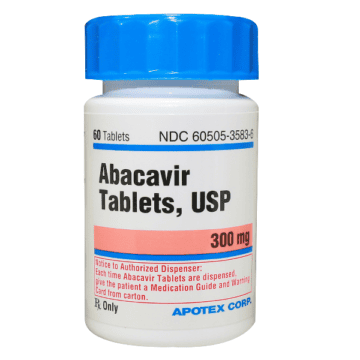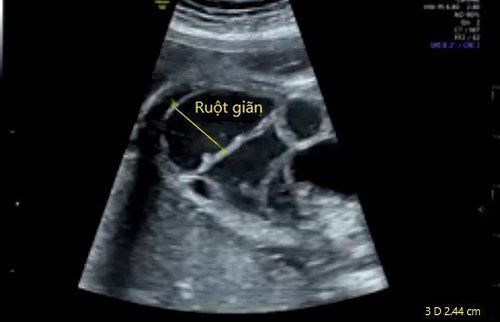This is an automatically translated article.
Posted by Master, Doctor Mai Vien Phuong - Department of Examination & Internal Medicine - Vinmec Central Park International General HospitalCystic fibrosis (CF) is an inherited disorder that damages your lungs and digestive system. This is a lifelong disease, and causes serious digestive and respiratory problems and shortens the life of the sufferer. So is there any treatment for cystic fibrosis?
1. Research on cystic fibrosis treatments
Here are some areas of research to find a treatment for cystic fibrosis:
Gene replacement therapy A few decades ago, researchers identified the gene responsible for cystic fibrosis. That gives rise to hope that gene replacement therapy could replace the defective gene in vitro. However, this therapy has not yet yielded results.
TR Cystic Fibrosis Modulator In recent years, researchers have developed a drug that targets the cause of cystic fibrosis instead of its symptoms. These drugs, ivacaftor (Kalydeco) and lumacaftor/ivacaftor (Orkambi), are part of a class of drugs called cystic fibrosis transmembrane conductance (TR) modulators. This class of drugs is designed to affect the mutated gene responsible for cystic fibrosis and cause it to produce body fluids correctly.
Inhaled DNA A new type of gene therapy may come into play when previous gene therapy replacement treatments have failed. Inhaled DNA uses inhaled DNA molecules to deliver "clean" copies of genes to cells in the lungs.
None of the above treatments will cure cystic fibrosis, but they are the biggest steps forward to helping people with cystic fibrosis lead a normal life,
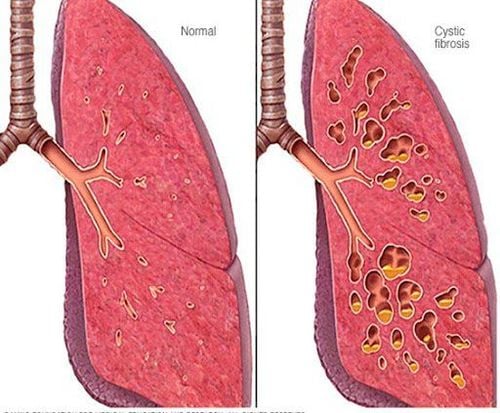
2. Complications of cystic fibrosis
Respiratory Complications This is the most common complication of cystic fibrosis:
Airway damage: Cystic fibrosis damages your airways. This condition, called bronchiectasis, makes breathing in and out difficult. Nasal polyps: Cystic fibrosis often causes inflammation and swelling of the nasal mucosa. Due to the inflammation, fleshy tumors (polyps) can develop. Tumors make breathing more difficult. Infection: Thick and sticky mucus is a major breeding ground for bacteria. This increases the risk of developing pneumonia and bronchitis. Digestive Complications Cystic fibrosis interferes with the normal functioning of your digestive system. Symptoms include:
Intestinal obstruction : People with cystic fibrosis have a higher risk of bowel obstruction due to the inflammation caused by this disorder. Nutritional deficiencies: The thick and sticky mucus caused by cystic fibrosis can clog your digestive system and prevent the fluid needed to absorb nutrients from reaching your intestines. Without these fluids, food would pass through your digestive system without being absorbed. This keeps you from getting any nutritional benefits. Diabetes: The thick and sticky mucus produced by cystic fibrosis will scar the pancreas and prevent it from working properly. This can prevent the body from producing enough insulin. In addition, cystic fibrosis can prevent your body from responding to insulin properly. Both complications can cause diabetes. Other Complications In addition to breathing and digestive problems, cystic fibrosis can cause other complications in the body, including:
Fertility problems: Men with cystic fibrosis often experience: infertility . This is because thick mucus often blocks the tube that carries fluid from the prostate to the testicles. Women with cystic fibrosis may be less fertile than women without the disorder, but many are able to have children. Osteoporosis: Osteoporosis is common in people with cystic fibrosis. Dehydration: Cystic fibrosis makes it harder to maintain the normal balance of minerals in your body. This can cause dehydration, as well as an electrolyte imbalance.
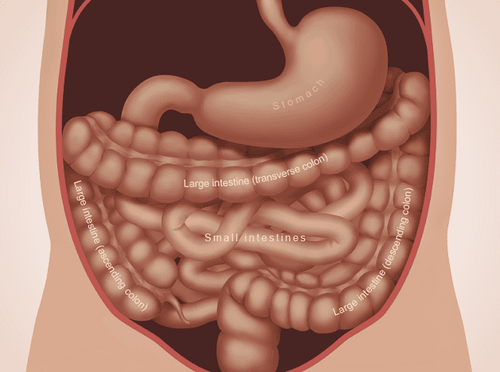
Currently, cystic fibrosis therapies focus on alleviating the signs and symptoms of the condition and the side effects of treatments. Treatments are also aimed at preventing complications of the disease, such as bacterial infections.
Cystic fibrosis treatments require years of research and testing before regulators allow hospitals and doctors to treat patients.
Periodic health checkup is one of the ways of early recognition and prevention of the disease, especially for patients with signs of cystic fibrosis, from which to have a treatment plan to achieve optimal results.
Please dial HOTLINE for more information or register for an appointment HERE. Download MyVinmec app to make appointments faster and to manage your bookings easily.
References: Mayo Clinic Staff. (2015, July 7). Cystic fibrosis mayoclinic.org/diseases-conditions/cystic-fibrosis/basics/complications/con-20013731





